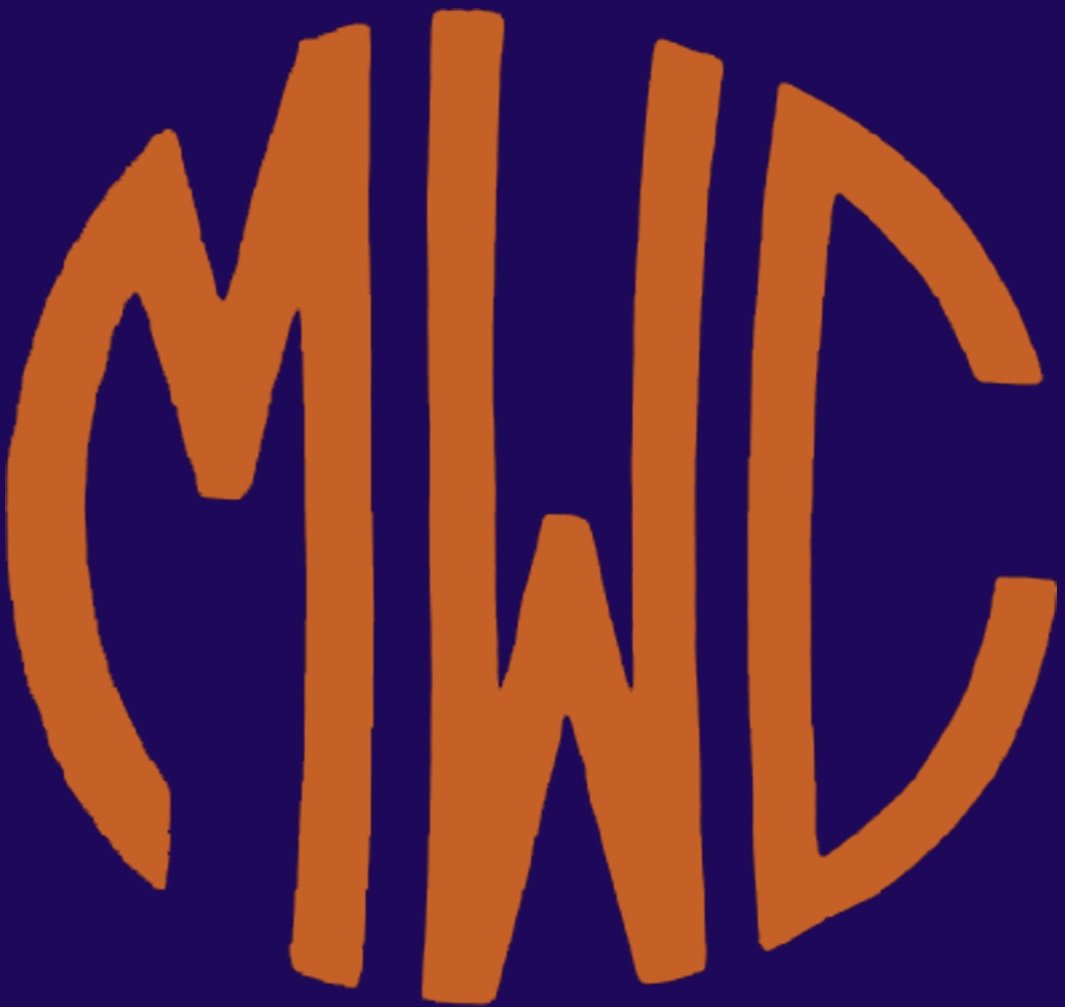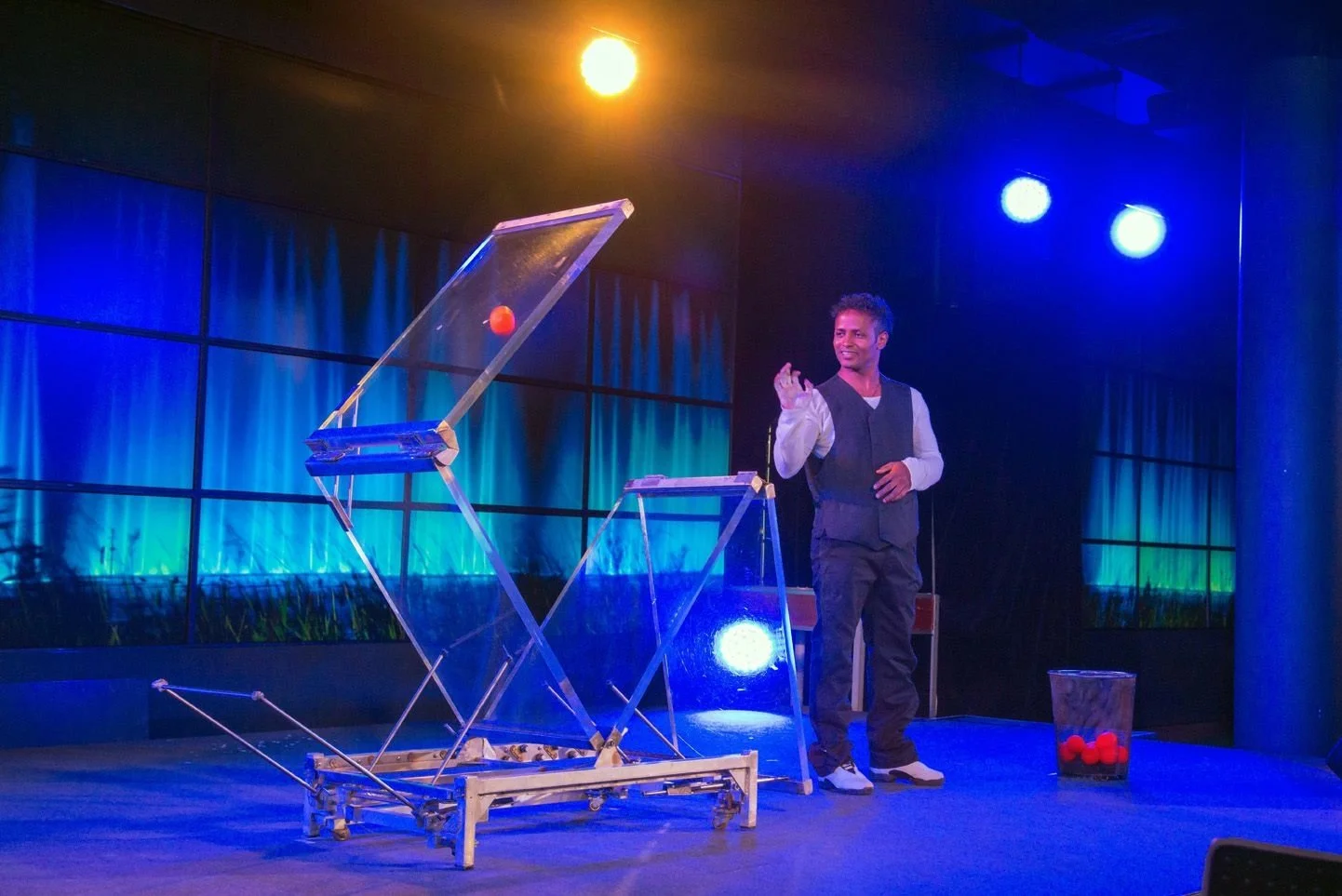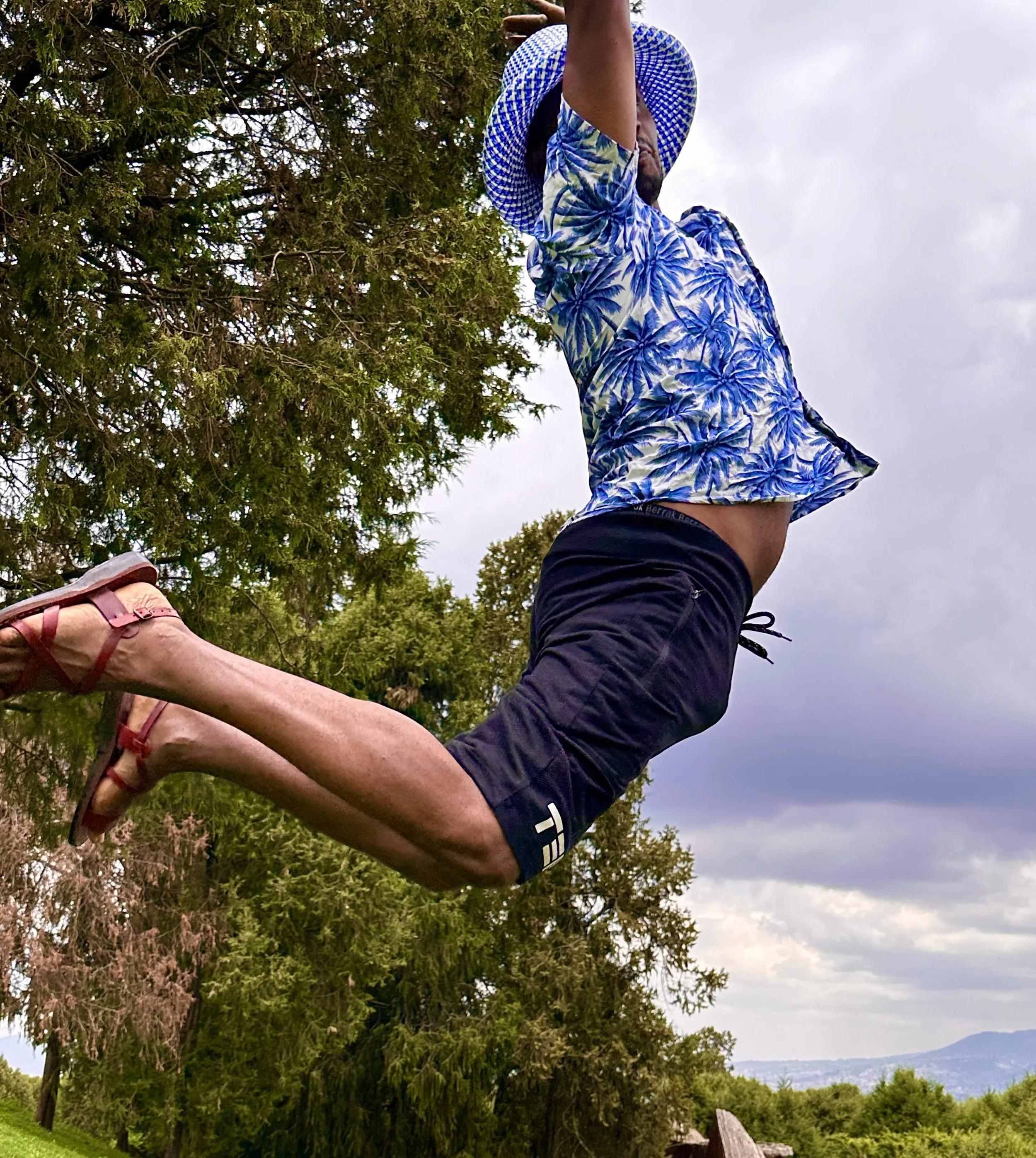Breaking Through the Global Circus Scene: A Step-by-Step Guide for African Artists
.The persistent gap in the international circus arts scene, particularly for African artists, cannot be effectively bridged unless the underlying challenges are openly acknowledged and addressed. Through my extensive experience of meeting and collaborating with numerous African circus artists—some on European stages and others in developing their acts to compete in global venues—I have observed a recurring issue: the pervasive influence of social media.
Many of these artists are inadvertently disadvantaged by the constant exposure to content created by others. They often aspire to replicate or compete with acts that have been developed and refined over years by their original creators. This approach not only undermines their ability to cultivate unique, authentic performances but also fails to provide them with sustainable career opportunities or the dignity of artistic originality. To foster a more equitable and thriving environment, it is essential to address these systemic challenges and support African artists in developing their own distinctive voices and acts.
Breaking into the international circus performance scene and gaining recognition as an African artist requires a combination of talent, strategy, networking, and persistence. Here’s a step-by-step guide to help African artists achieve success on the global stage:
1. Develop Exceptional Skills and Unique Artistic Identity
- Master Your Craft: Focus on honing your skills to a world-class level. Whether it’s acrobatics, juggling, clowning, or aerial arts, excellence is key.
- Incorporate Cultural Elements: Infuse your performances with African traditions, music, or storytelling to create a unique identity that stands out.
- Innovate: Combine traditional circus arts with modern techniques or technology to create fresh, captivating acts.
2. Build a Strong Portfolio
- Create a Professional Showreel: Record high-quality videos of your performances to showcase your talent to international audiences and event organizers.
- Participate in Local and Regional Festivals: Gain experience and exposure by performing at local and regional circus festivals or cultural events.
3. Network with Industry Professionals
- Attend International Festivals and Workshops: Participate in global circus festivals (e.g., Montreal Circus Festival, Festival Mondial du Cirque de Demain) to meet producers, directors, and other artists.
- Join Circus Associations: Become a member of organizations like the International Circus Federation (Fédération Mondiale du Cirque) to access resources and connections.
- Collaborate with Established Artists: Work with experienced performers or companies to learn and gain visibility.
4. Leverage Social Media and Online Platforms
- Promote Your Work: Use platforms like Instagram, YouTube, and TikTok to share your performances and build a global audience.
- Engage with Fans: Interact with followers to grow your fanbase and attract attention from industry professionals.
- Crowdfunding: Use platforms like GoFundMe or Patreon to raise funds for training, equipment, or travel to international events.
5. Apply for Residencies, Grants, and Competitions
- Circus Residencies: Apply for international circus residencies or training programs (e.g., École Nationale de Cirque, Cirque du Soleil’s training programs).
- Grants and Scholarships: Seek funding opportunities from organizations that support African artists or circus arts.
- Competitions: Participate in prestigious competitions like the Festival Mondial du Cirque de Demain to gain recognition.
6. Collaborate with International Companies
- Audition for Global Troupes: Apply to join internationally renowned circus companies like Cirque du Soleil, Cirque Éloize, or 7 Fingers.
- Work with Producers: Partner with producers who can help you create and tour your own shows.
7,Build a Professional Team
- Hire an Agent or Manager: Work with professionals who can negotiate contracts and secure opportunities for you.
- Collaborate with Designers: Partner with costume designers, choreographers, and composers to elevate your performances.
9. Stay Resilient and Adapt
- Overcome Challenges: Be prepared to face cultural, financial, or logistical barriers. Seek support from mentors or organizations.
- Adapt to Trends: Stay updated on global circus trends and adapt your act to remain relevant.
10. Give Back to the Community
- Mentor Emerging Artists: Share your knowledge and experience with aspiring African circus performers.
- Promote Circus Arts in Africa: Advocate for the growth of circus arts in your home country by organizing workshops or founding training centers.
By combining talent, cultural authenticity, and strategic networking, African artists can break through the international circus scene, win contracts, and earn respect on the global stage. Persistence and a willingness to learn and adapt are key to long-term success.
Blog Post Title Three
My Way Circus in Ethiopia is a remarkable initiative that not only preserves the art of circus performance but also innovates and adapts it to the local context while fostering creativity and self-sufficiency. The circus's young history in Ethiopia, beginning in the early 1990s, highlights the influence of Westerners who introduced the concept to a society unfamiliar with it. Over time, the circus has evolved, and My Way Entertainment is now taking bold steps to ensure its growth and sustainability for future generations.
Here are some key aspects of My Way Circus's approach:
1. Cultural Integration and Innovation:
By blending traditional and modern elements, My Way Circus is creating a unique identity. The incorporation of traditional Ethiopian music and costumes into circus performances not only enriches the art form but also makes it more relatable and appealing to local audiences.
2. Self-Sufficiency and Creativity:
My Way Circus is investing in its own resources, such as a music recording studio, costume-making facilities, and circus prop production. This self-reliance ensures that the circus can maintain its distinct identity and reduce dependency on external resources.
3.Education and Empowerment:
Offering free courses to children and youths is a significant step toward nurturing talent and providing opportunities for young Ethiopians. By training individuals from a young age, My Way Circus is building a strong foundation for the future of circus arts in the country.
4. Professional Development:
The structured training program, with levels leading up to international performance standards, ensures that performers are well-prepared and skilled. The emphasis on achieving "My Way Entertainment standards" encourages innovation and excellence.
5. Community Impact:
By providing free access to training and entertainment, My Way Circus is contributing to the cultural and social development of the community. It is creating a space where young people can explore their talents, build confidence, and potentially pursue careers in the arts.
6. Long-Term Vision:
My Way Circus is not just focused on the present but is actively planning for the future. By learning from past challenges and critically assessing current practices, the circus is positioning itself to thrive and inspire future generations.
My Way Circus's dedication to preserving and evolving circus arts in Ethiopia is a testament to the power of creativity, hard work, and community engagement. By combining tradition with innovation and offering opportunities for growth, My Way Entertainment is paving the way for a vibrant and sustainable future for circus arts in Ethiopia.




